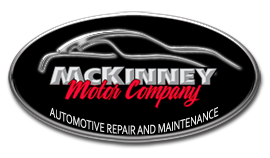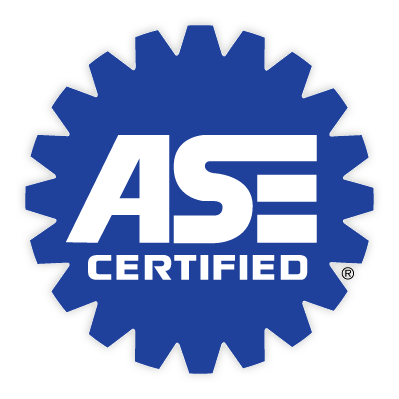The Role of Aerodynamics in Improving Gas Mileage
Aerodynamic vehicle modifications play a crucial role in enhancing fuel efficiency and improving overall performance. One simple yet effective modification is removing roof racks when they are not in use. Roof racks can significantly increase drag, which forces the engine to work harder, thus consuming more fuel. By detaching these racks, drivers can reduce wind resistance and improve their vehicle’s aerodynamics, leading to noticeable savings on fuel costs over time. Additionally, keeping windows closed at high speeds is another important consideration for maintaining optimal aerodynamics. Open windows disrupt the streamlined flow of air around the vehicle and create additional drag, similar to roof racks. This increase in drag not only affects fuel economy but can also impact the stability and handling of the car at higher speeds. By adopting these simple practices—removing unnecessary roof attachments and closing windows—drivers can maximize their vehicle’s aerodynamic potential, contributing to a more efficient and environmentally friendly driving experience.
The Impact of Load and Weight on Fuel Consumption
Reducing vehicle weight is a practical approach to improving fuel efficiency and achieving better mileage. One effective method to lighten the load is by removing unnecessary items from both the car trunk and interior, as every extra pound requires additional energy for the vehicle to move. Often, trunks become storage spaces for items such as sports equipment, tools, or even forgotten luggage that contribute to excess weight without serving any immediate purpose. Similarly, interior clutter such as unused car seat covers or old electronics can add up over time. By regularly clearing out these non-essential items, drivers can enhance their vehicle’s performance and make their journeys more economical. This simple yet impactful strategy not only aids in reducing fuel consumption but also contributes to a more organized and less cluttered driving environment. Ultimately, maintaining a lighter vehicle leads to cost savings on fuel and promotes environmentally responsible driving habits.
The Benefits of Using High-Quality Motor Oil and Proper Octane Level Fuels
Selecting the right motor oil for your car is crucial for maintaining its performance and longevity. Different vehicles require specific types of oil, often determined by the engine’s design, age, and operating conditions. It’s essential to consult your vehicle’s manual to identify the recommended oil grade and viscosity, which ensures optimal lubrication and efficiency. In addition to choosing the right oil type, understanding octane levels in fuel is equally important as it significantly impacts your car’s mileage. Higher octane fuels are designed for high-performance engines that operate at higher compression ratios; however, using a higher octane fuel than necessary does not improve mileage and could lead to unnecessary expenses. Instead, selecting a fuel with the appropriate octane level helps prevent engine knocking while ensuring effective combustion processes that maximize fuel efficiency. By paying attention to both motor oil specifications and appropriate octane levels in gasoline, car owners can enhance their vehicle’s performance while also maximizing fuel economy over time.
Your local automotive experts can help
Stop by and visit us at McKinney Motor Company to see how we can help you achieve the best fuel efficiency for your vehicle. Call us or visit – McKinney Motor Company Albuquerque




